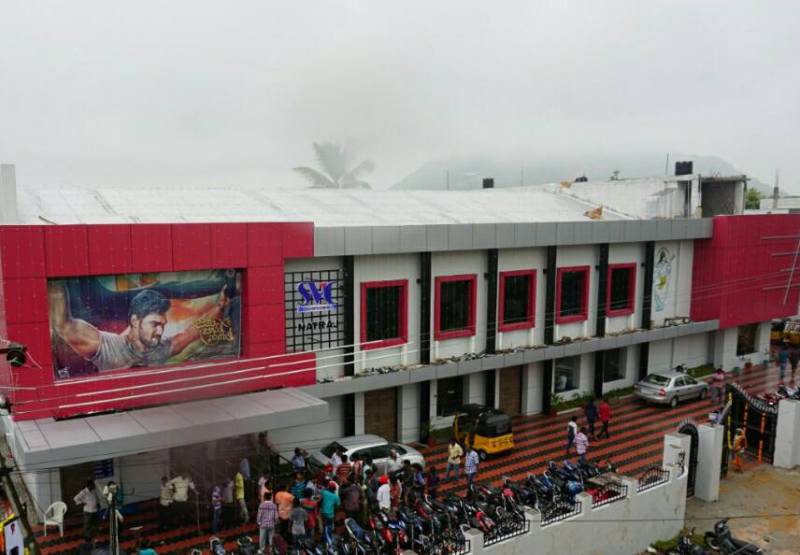Do you have to pay for parking at Nalgonda theatres? HC says yes
By Amritha Mohan
Hyderabad: Amid the struggle by RTI activists to push cinema theatre managements to stop collecting parking fees from customers, the Telangana High Court has ruled that a government order concerning parking charges is applicable only to cities like Hyderabad and other urban areas in Telangana.
Nalgonda resident Ch Jayakrishna had moved the HC over the collection of parking fees in and around cinema theatres. However, the HC on December 6 ruled that since the theatres in Nalgonda does not come under the urban areas as specified by the government order, hence it won’t be applicable there.
This means that citizens in the districts of Telangana that are not classified as ‘urban’ will have to pay parking fees as per the whims and fancies of the management of commercial establishments.
The government order in question – GO 63 – dated May 20, 2018, says that parking is free in all commercial establishments if a customer is able to produce a bill, showing a purchase from the commercial space, of an amount greater than the parking fee.
However, the catch is that the GO, issued by the Municipal Administration and Urban Development Department (MAUD), is applicable only to Hyderabad and “urban areas of Telangana State”. Whether they have properly defined “urban areas” is questionable, according to RTI activists.
Vijay Gopal, the president of Forum Against Corruption, called the GO of 2018 "incomplete and faulty". He cited a 2003 order of the High Court of Andhra Pradesh that had ruled that no commercial establishment could collect parking from the visitors.
The activist said, "The MAUD department issued the GO in rush, where it actually should say that it's a policy for all commercial establishments, and also mention penal provisions which are missing in the GO. This judgment has set a dangerous precedent in the state and I am afraid with this, more and more theatres and commercial establishments will start approaching the court, thereby leading to the exploitation.”